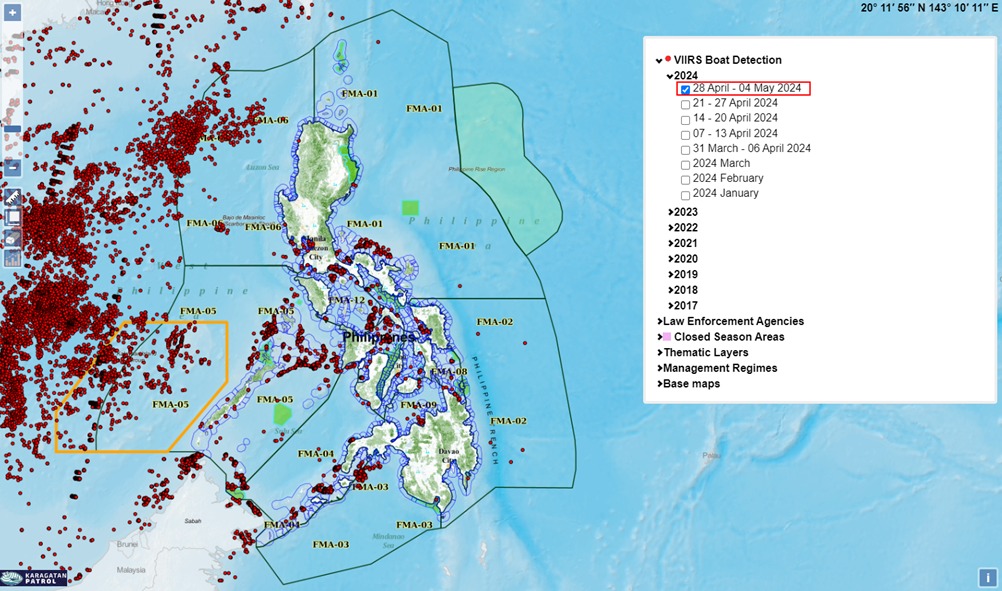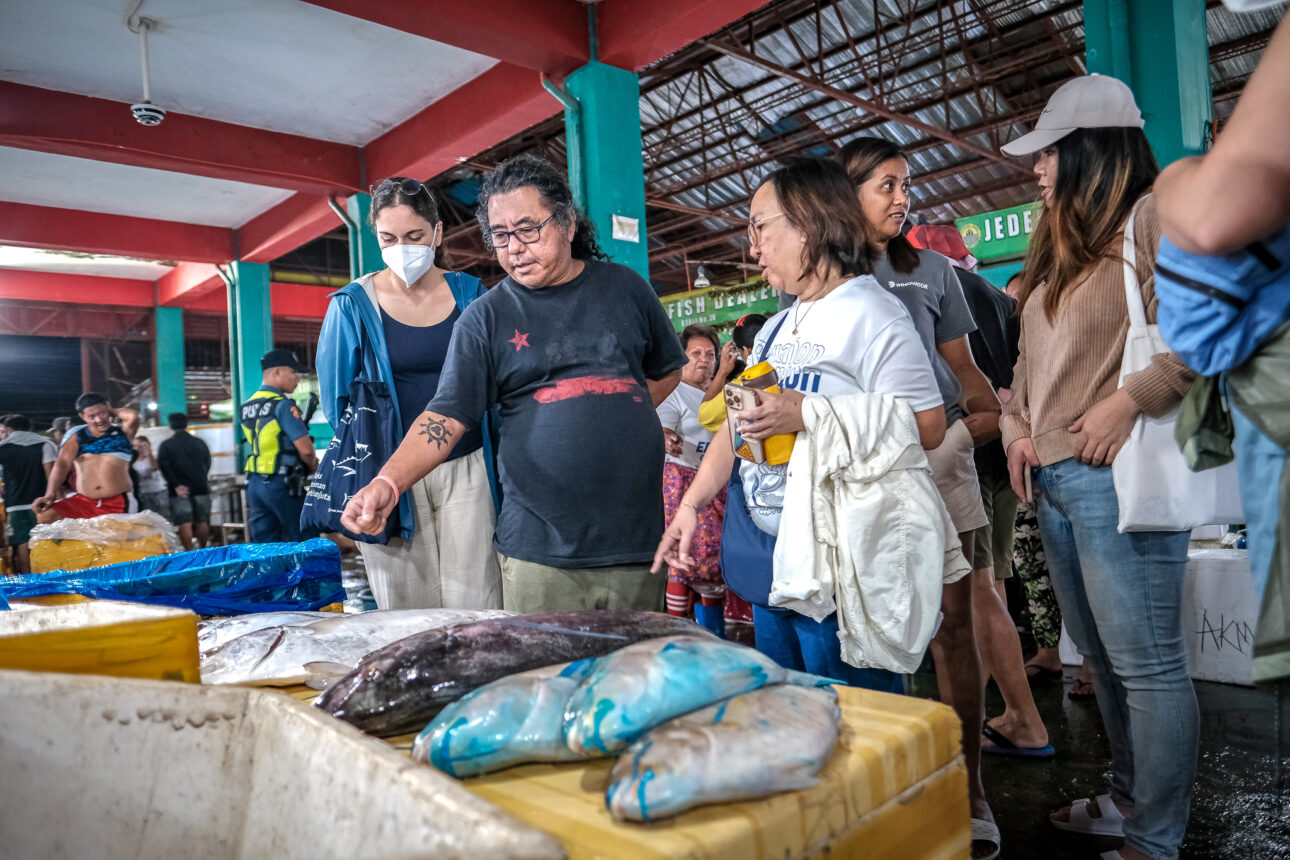Aligned with the Universal Declaration of Human Rights (UDHR) and the UN Sustainable Development Goals (SDGs) as part of the UN 2030 Agenda for Sustainable Development, and other international agreements, the Global Charter for Fisheries Transparency recognizes through Principle 9, the rights to access to information and public participation in decision- making as an essential element for informed policy decisions, and inclusive fisheries management practices. This principle, frames as an essential aspect of fisheries transparency the publication of fisheries management information and the inclusion of diverse stakeholder groups in the decision-making process on fisheries management as follows:
Principle 9: ‘Publish all collected fisheries data and scientific assessments in order to facilitate access to information for small-scale fishers, fish workers, indigenous communities, industry associations, and civil society in developing fisheries rules, regulations, subsidies and fisheries budgets, and decisions on access to fisheries resources. Make these processes, policies, and decisions easily accessible to the public and enforcement agencies.’
Civil society organizations across the world have implemented mechanisms to promote transparency in the fishing sector through access to information and public participation in fisheries management, as put forth in Principle 9 of the Global Charter for Fisheries Transparency. Two examples from the Philippines – the Karagatan Patrol and the Virtual Digital Classrooms – showcase the use of technology, public participation, and collaboration with government agencies in an effort to advance fisheries transparency at a national/regional level.
Karagatan Patrol
Development of the platform “Karagatan Patrol” is an example of collaboration among civil society organizations, government agencies, and coastal communities to collect and manage data. Launched as a nationwide campaign by Oceana in the Philippines to stop illegal commercial fishing in municipal waters, this interactive mapping platform is the result of partnership with the League of Municipalities of the Philippines. The Karagatan Patrol helps report cases of illegal fishing in municipal waters, and disseminates information about potential illegal fishing activities or other environmental violations to the local government, security and enforcement agencies, fisherfolk, industry actors, and media.

KaragatanPatrol.org
Commercial fishing boat detection maps can be accessed by users to demonstrate possible intrusions of commercial fishing vessels in municipal waters. With data analysis from the map, it’s possible for enforcement authorities to detect incidents in municipal waters and prioritize enforcement efforts to report illegal fishing. Additionally, this platform has a Karagatan Patrol Facebook group and a Twitter account, which allow fisherfolk, officers from Local Government Units, members from law enforcement and regulatory agencies to share information, photos, videos, report violations, and ask assistance from law enforcers to report ongoing illegal fishing.
Virtual Classrooms
In 2021, Oceana’s team in the Philippines launched “virtual classrooms” to share information with fishing communities from different parts of the country, with the objective to actively engage them in the decision-making process and fisheries management efforts. The “Classroom for Fisherfolk” learning series aims to gather information from fisherfolk on the 12 Fisheries Management Areas (FMA) system, established in the Philippines’ territorial sea to promote science-based management and address illegal fishing activities. The classrooms, among other things, voice concerns from fishermen and exchange insights with government officials to jointly deal with the challenges raised.

© Oceana /Chris Jude Orbeta
The examples provided by the Karagatan Patrol and Virtual Classrooms in the Philippines demonstrate the critical role transparency, technology, and inclusive collaboration play in advancing fisheries management efforts. By leveraging digital platforms for information sharing, fostering public engagement, and building partnerships with government agencies and coastal communities, these initiatives highlight best practices that can be replicated and adapted by organizations across the world, offering valuable insights and guidance for promoting transparency and inclusion in fisheries management. Through shared knowledge and collective action, it is possible to ensure the responsible use of marine resources and promote the well-being of coastal communities for generations to come.



